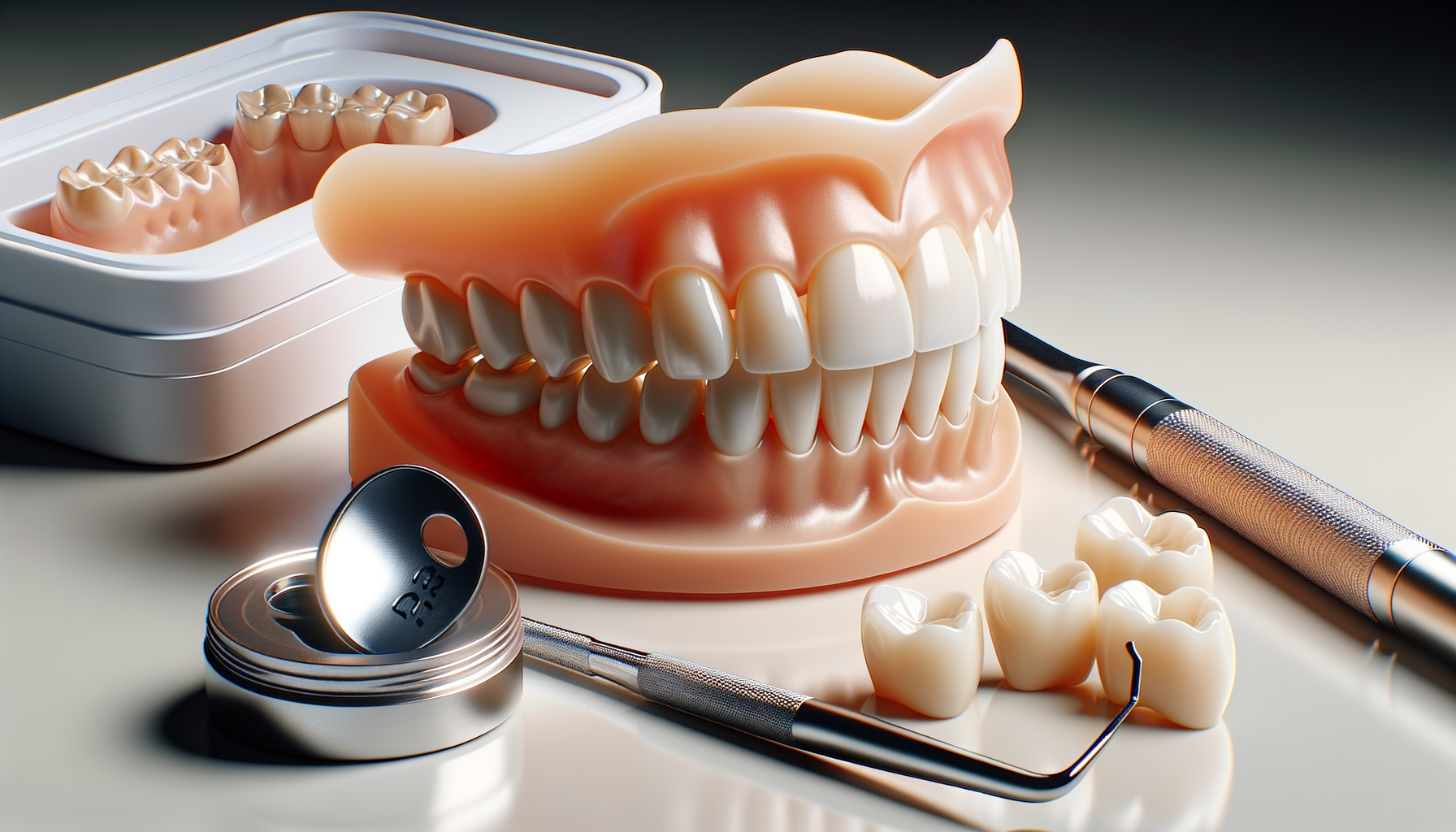Understanding the Fit of Dentures
The fit of dentures is crucial for comfort and functionality. Properly fitting dentures should mimic the natural contours of the gums and the alignment of the teeth. A well-fitted denture ensures that there is no excessive movement, which can lead to irritation and sore spots. Several factors affect the fit of dentures, including the shape of the jawbone, the condition of the gums, and the overall oral health of the individual.
When considering the fit, it is important to have regular dental check-ups to ensure that the dentures remain snug. Over time, the gums and jawbone can change, necessitating adjustments or even replacements. Dentists use advanced techniques to measure and create molds that align perfectly with the individual’s mouth. This process involves taking precise impressions and using them to craft dentures that are both secure and comfortable.
An ill-fitting denture can cause a multitude of issues such as difficulty in speaking and eating, as well as potential damage to the gums and remaining teeth. To avoid these problems, it’s essential to prioritize the fit when selecting dentures. Opting for custom-fitted dentures can provide a tailored solution that enhances comfort and usability.
The Feel of Dentures: Comfort and Adaptation
The feel of dentures is another critical aspect that affects the daily life of seniors. Initially, new dentures may feel foreign and uncomfortable. However, with time and proper adaptation, they should feel natural. The transition period can vary from person to person, but with patience and practice, most individuals adapt well to their new dentures.
To ease the adaptation process, it’s recommended to start with soft foods and gradually introduce more challenging textures. This approach allows the mouth to adjust to the dentures without causing undue stress or discomfort. Additionally, practicing speaking and chewing with dentures can help improve confidence and functionality.
Comfort can also be enhanced by using denture adhesives, which provide extra stability and reduce movement. However, it’s important to use these products as directed and consult with a dentist if discomfort persists. Regular cleaning and maintenance of dentures are essential to ensure they remain hygienic and comfortable to wear.
Design Innovations in Dentures
The design of dentures has evolved significantly over the years. Modern dentures are not only functional but also aesthetically pleasing. They are crafted to resemble natural teeth closely, with attention to detail in color, shape, and alignment. This focus on aesthetics helps seniors feel more confident in their appearance.
Advances in materials have also contributed to the improved design of dentures. Lightweight and durable materials, such as acrylic resins and flexible polymers, are commonly used. These materials offer a comfortable fit while being resistant to wear and tear. Additionally, the use of digital technology in the creation of dentures has allowed for more precise and personalized designs.
Some dentures are designed with special features, such as metal clasps or precision attachments, to provide additional support and stability. These innovations ensure that the dentures remain securely in place during daily activities. The choice of design depends on individual needs and preferences, and consulting with a dental professional can help in selecting the most suitable option.
Comparing Denture Types for Seniors
There are several types of dentures available for seniors, each with its own set of advantages. Full dentures are used when all teeth are missing, while partial dentures are suitable for individuals who still have some natural teeth. Immediate dentures are placed right after tooth extraction, whereas conventional dentures are fitted once the gums have healed completely.
Full dentures offer a complete replacement solution, restoring both function and appearance. They are typically made from acrylic and fit snugly over the gums. Partial dentures, on the other hand, fill in gaps left by missing teeth and are often attached to the remaining natural teeth with metal clasps or other connectors.
Immediate dentures provide the advantage of not having to go without teeth during the healing process. However, they may require more adjustments as the gums and bone heal and change shape. Conventional dentures, while requiring a waiting period, often provide a better fit since they are made after the tissues have healed.
The choice between these denture types depends on various factors, including the individual’s oral health, budget, and personal preferences. Consulting with a dentist can help determine the most appropriate type of denture for each situation.
Conclusion: Enhancing Quality of Life with the Right Dentures
Choosing the right dentures is a significant decision that can greatly impact the quality of life for seniors. By understanding the importance of fit, feel, and design, individuals can make informed choices that enhance comfort and functionality. Regular consultations with dental professionals are essential to maintaining the fit and condition of dentures over time.
With the advancements in denture design and technology, seniors today have access to options that are both practical and aesthetically pleasing. By selecting dentures that meet their unique needs, seniors can enjoy improved oral health, better nutrition, and increased confidence in their daily interactions.
Ultimately, the right dentures can provide seniors with the comfort and support they need to lead active and fulfilling lives. As technology continues to evolve, the possibilities for even more personalized and effective denture solutions are promising, ensuring that seniors can continue to enjoy life to the fullest.




Leave a Reply